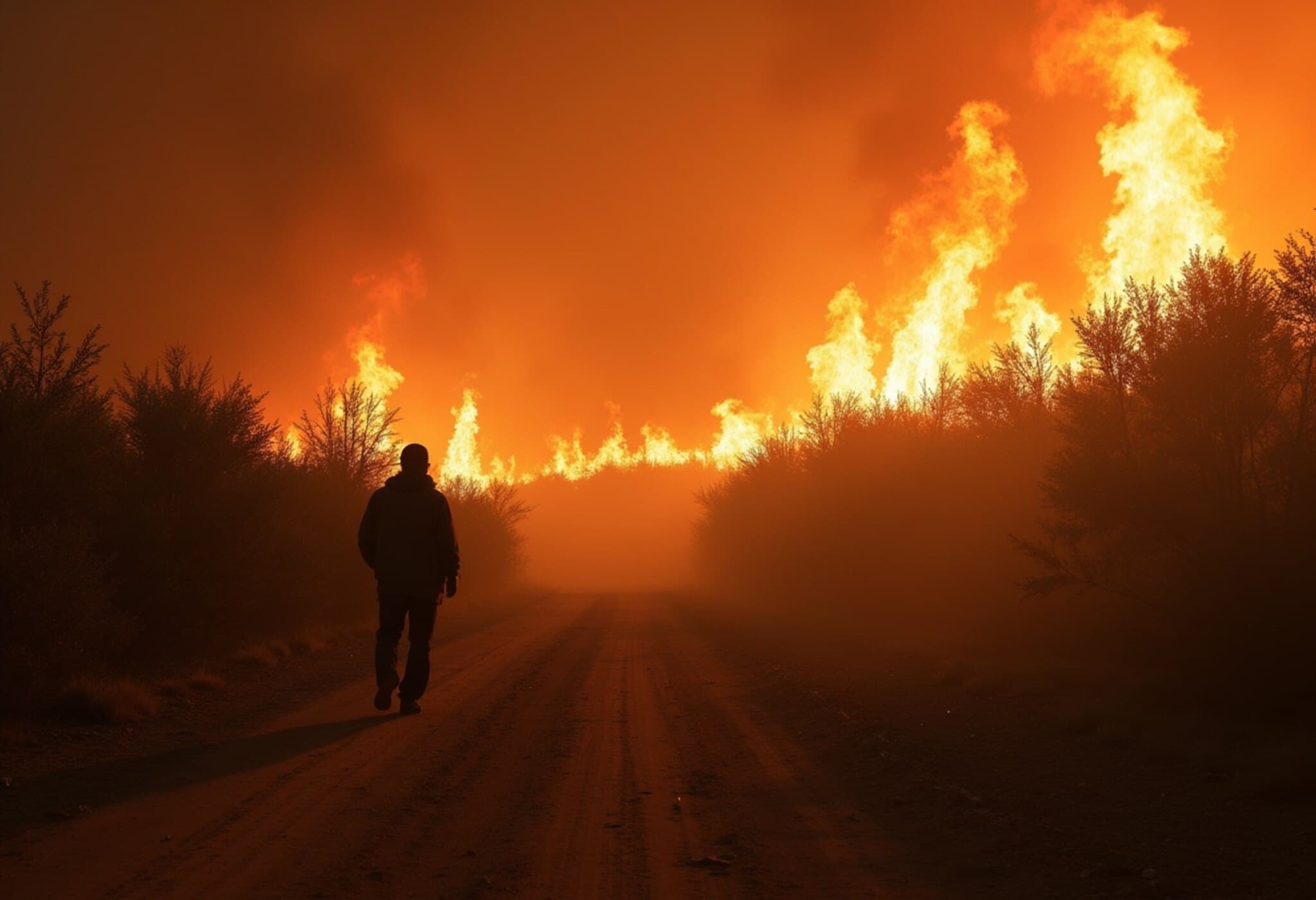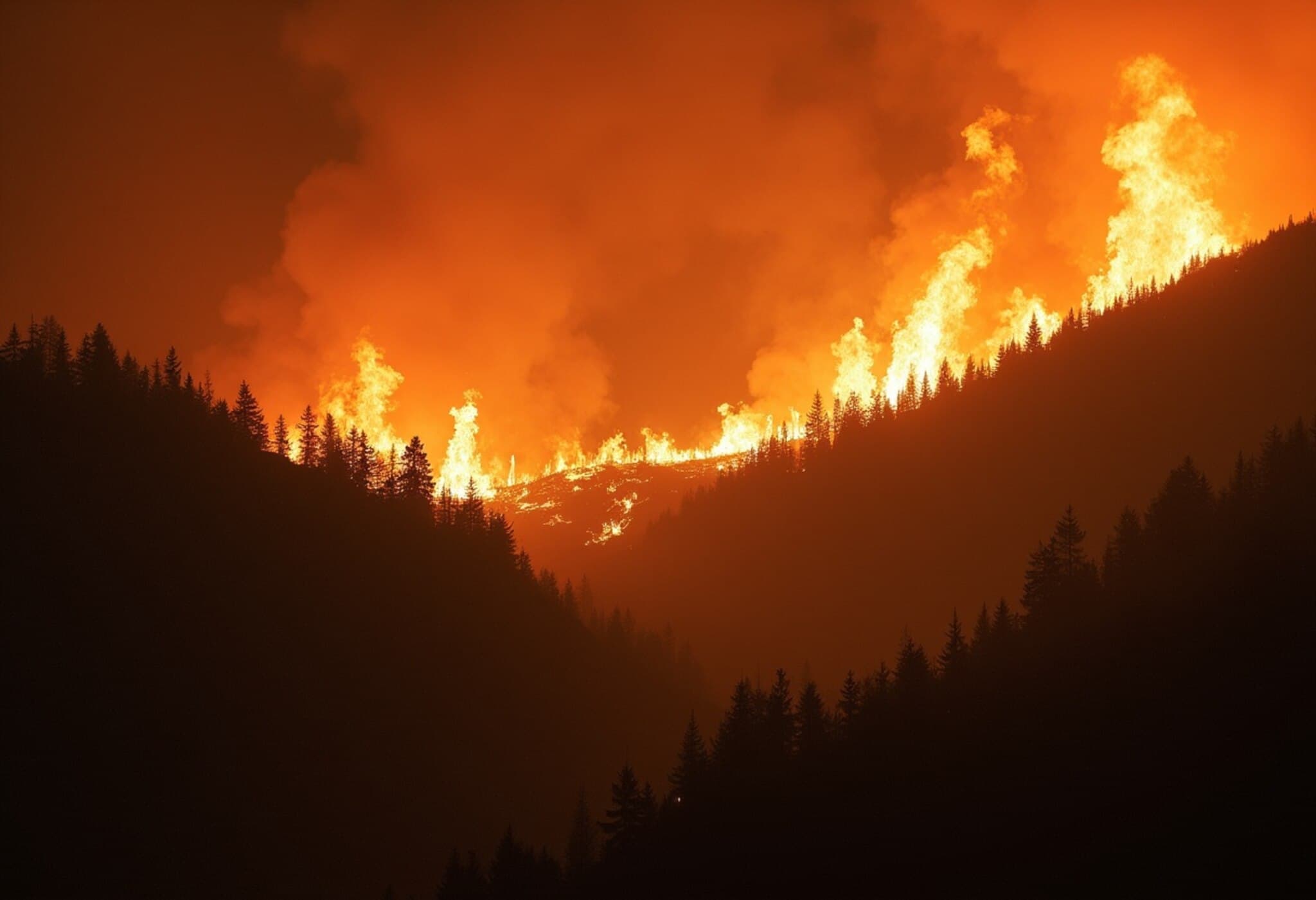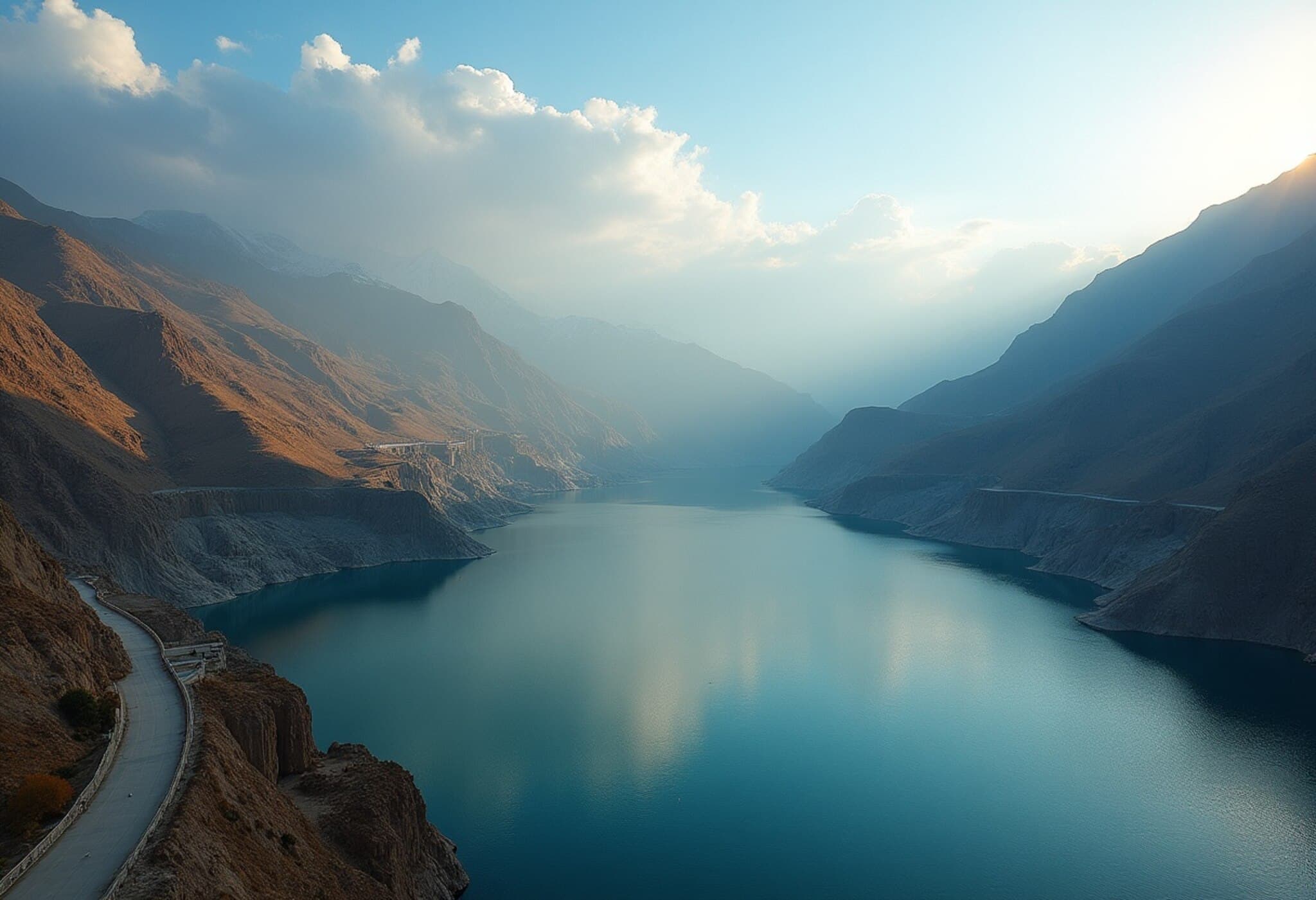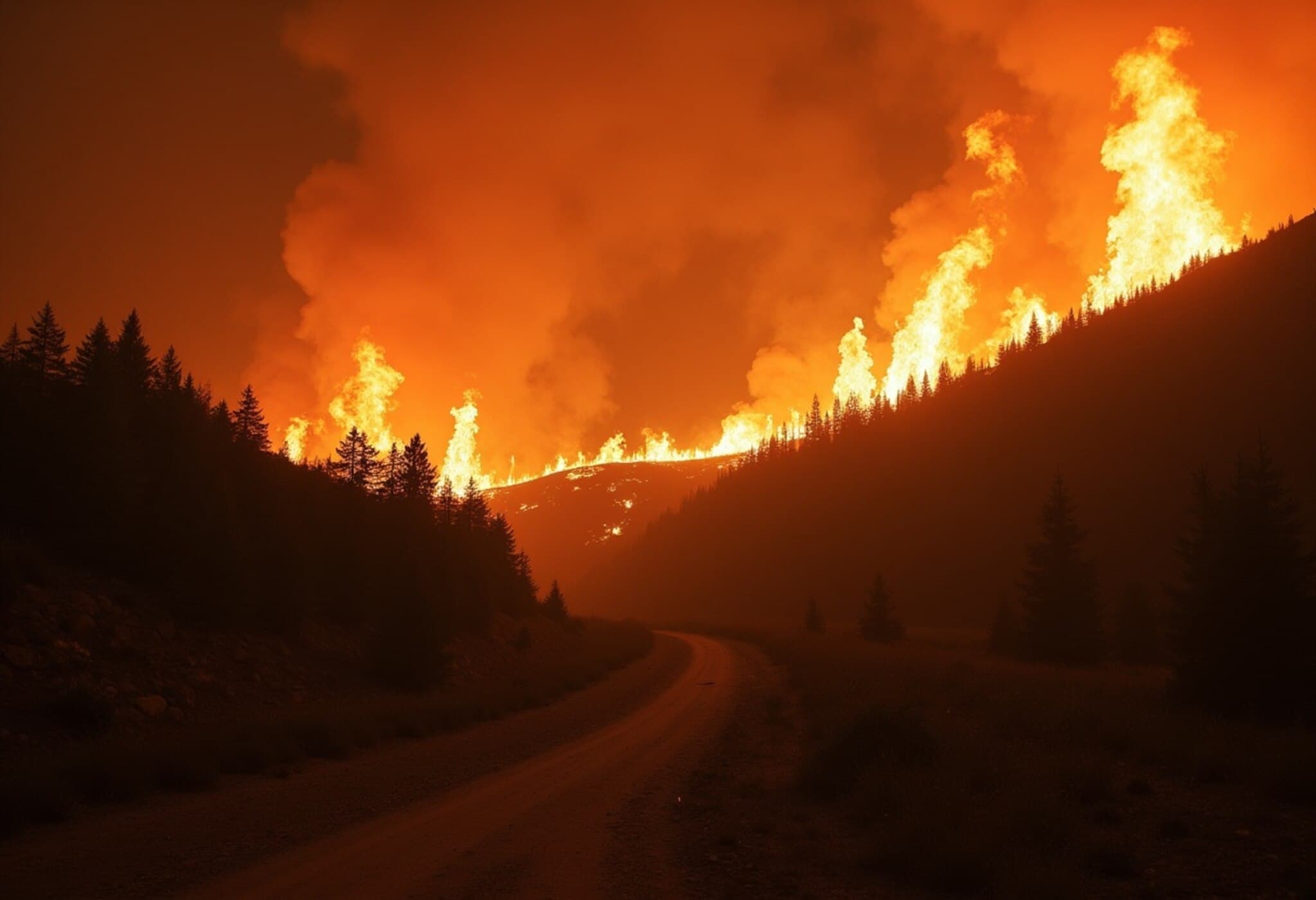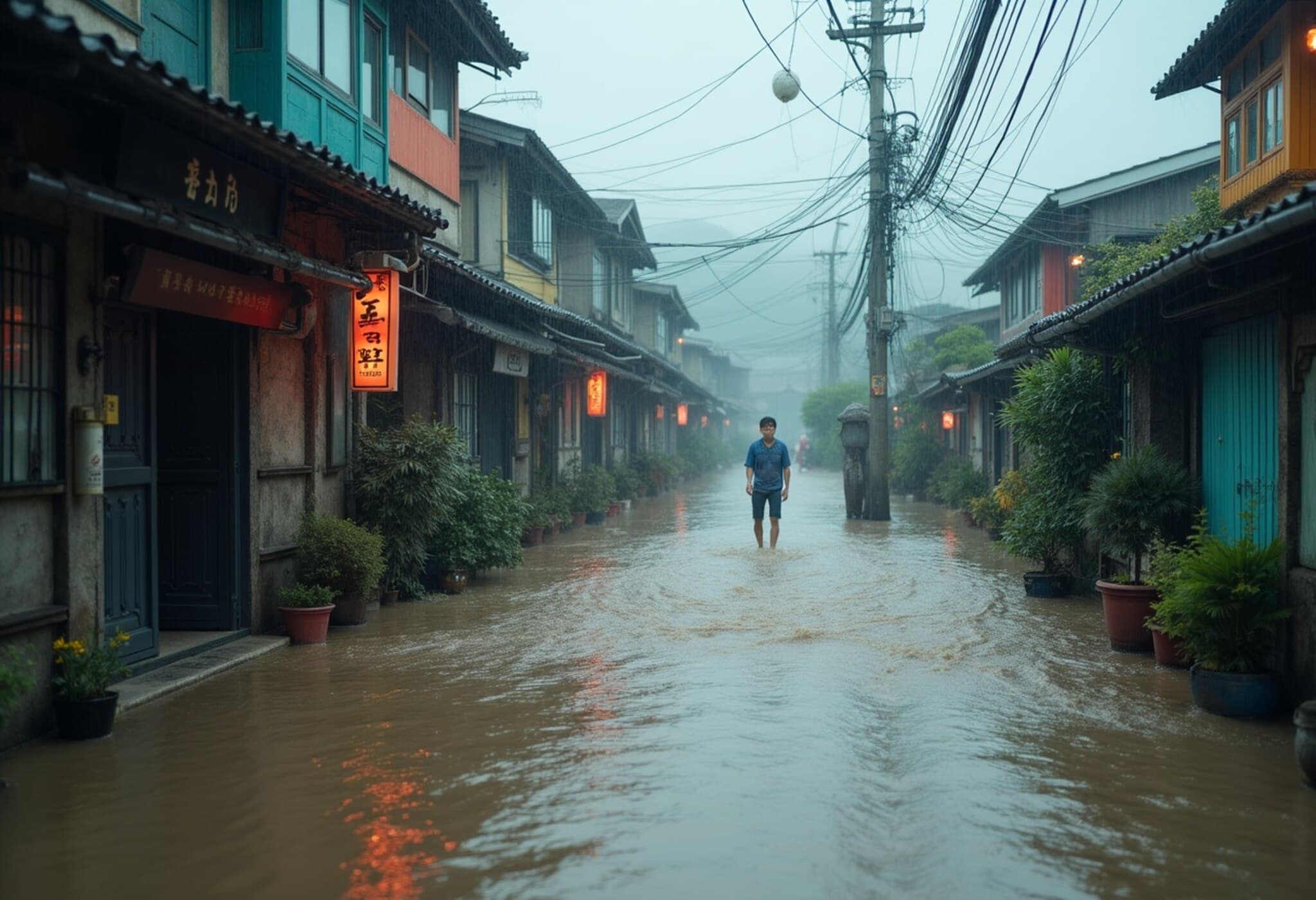UN International Court of Justice Rules on Climate Change Liability
In a landmark advisory opinion issued by the International Court of Justice (ICJ), countries now have a legal pathway to seek damages from other nations for harm caused by climate change, including from historic greenhouse gas emissions. The ruling, delivered by the court’s 15 judges in The Hague, signifies a pivotal moment in international climate law and underscores the increasing urgency of addressing climate accountability.
Historic Victory for Vulnerable Nations
For years, vulnerable nations—particularly low-lying island states and developing countries disproportionately impacted by climate disruptions—have struggled to hold major polluters accountable. This ruling offers a powerful legal affirmation that countries suffering climate devastation have a right to remedies, potentially including financial compensation, from those historically responsible for fossil fuel emissions.
ICJ President Yuji Iwasawa emphasized the gravity of the issue during the ruling, stating, "Failure of a state to take appropriate action to protect the climate system ... may constitute an internationally wrongful act." He described the climate crisis as an existential challenge threatening the very health of our planet and all life forms.
Legal and Practical Challenges Ahead
Despite the ruling’s historic implications, the court acknowledged the complex nature of attributing climate damages directly to individual countries. Pinpointing liability for emissions that have accumulated over decades and across multiple actors presents a formidable challenge for the legal system.
Moreover, the ICJ’s opinion remains legally advisory rather than binding, meaning enforcement relies on the will and cooperation of states. However, legal experts point to previous ICJ rulings that have shaped international norms and influenced state behavior—such as the UK’s agreement to return the Chagos Islands to Mauritius—suggesting that this climate ruling could have significant practical effects over time.
Expert Insights: A Watershed Moment for Environmental Justice
Joie Chowdhury, Senior Attorney at the Centre for International Environmental Law, described the decision as a "watershed legal moment," breaking with traditional inertia and affirming legal rights for climate victims to seek compensation and remedies.
Climate activists also highlight the ruling’s potential to empower grassroots movements and governments alike in demanding accountability from historically high-emitting countries, many of which have reaped economic development at the expense of the global climate.
Economic Dimensions of Climate Damages
While specific financial liabilities remain undefined, studies provide sobering context. A report published in the scientific journal Nature estimated that climate-related economic losses totaled approximately $2.8 trillion between 2000 and 2019—equivalent to about $16 million lost every hour. These figures emphasize the immense scale of climate change impacts and underline the potential magnitude of compensation claims in the future.
From Student Activism to International Law
The case was ignited by a group of young law students from Pacific island nations—among the most endangered by rising sea levels—acting as plaintiffs who have long borne the brunt of climate change’s effects. Their courageous initiative highlights the growing role of youth and civil society in shaping international legal frameworks around climate justice.
What This Means for Global Climate Policy
- Strengthening Accountability: The ruling may push major emitting nations to adopt more stringent climate policies to avoid legal liabilities.
- Fueling Climate Diplomacy: It introduces new dynamics into international negotiations, particularly ahead of upcoming global climate summits like COP30 in Brazil.
- Empowering Vulnerable States: Provides a legal basis for countries disproportionately harmed to demand reparations, potentially reshaping global economic justice conversations.
- Challenges in Enforcement: The advisory nature of the ruling requires political will and international cooperation for real-world impact.
Editor’s Note
This ICJ opinion sets the stage for a transformative era in climate law, reinforcing that environmental stewardship and global equity are inseparable. Yet, it also raises critical questions: How will states weigh moral responsibility against political and economic interests? Will this legal momentum result in binding agreements or compensation frameworks? And how can the international community navigate the intricate questions of attribution without hindering collaborative climate action?
As the climate crisis accelerates, this ruling adds urgency and a new legal dimension to a global conversation that demands justice for the most vulnerable. It challenges us to rethink accountability not just as rhetoric but as enforceable responsibility in preserving our shared planet.


